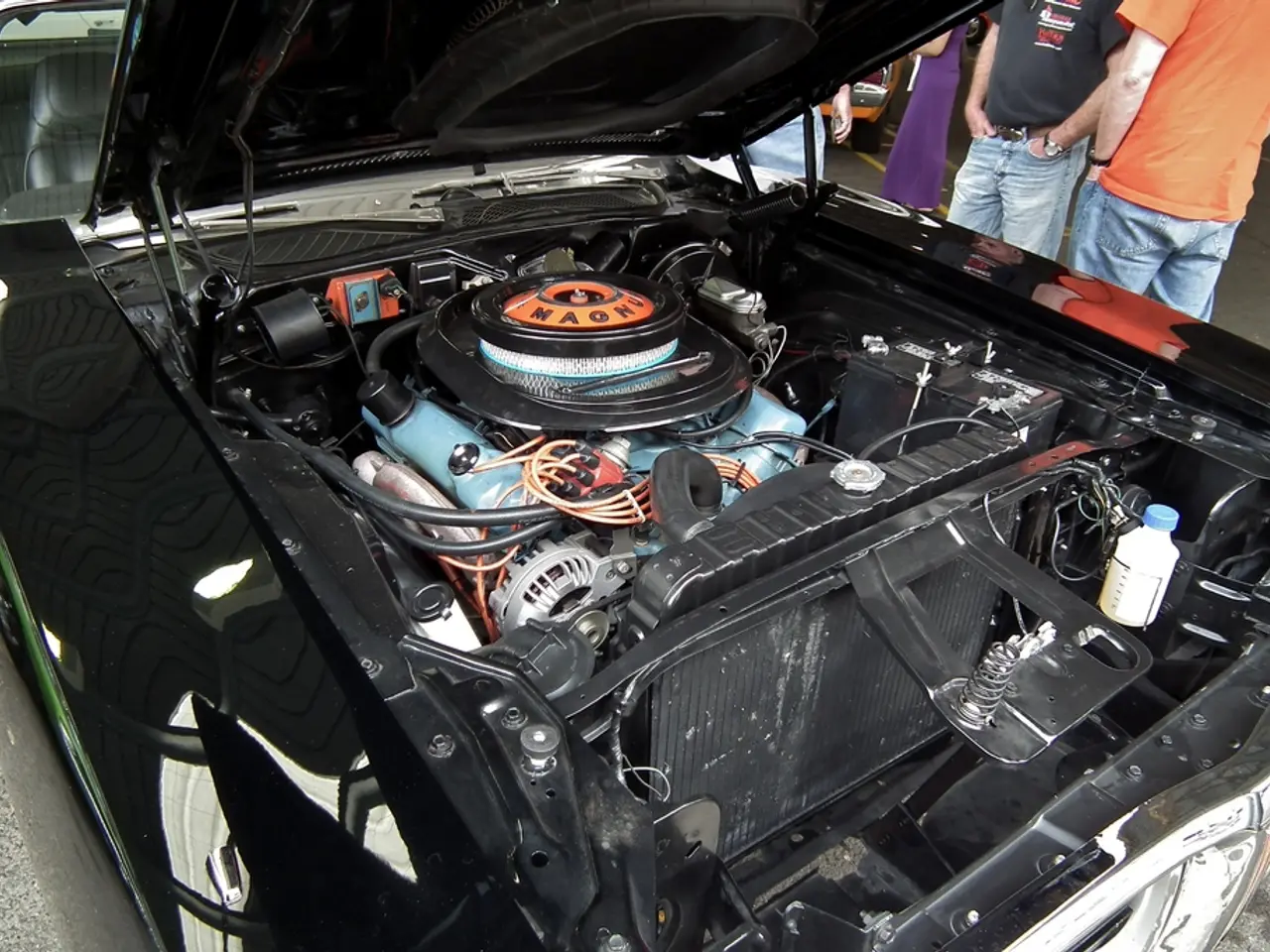A mere sixteen percent of individuals are ready to take up arms for Germany, according to recent surveys.
In a recent survey conducted by the Forsa opinion research institute, it was revealed that approximately 38% of Germans are either definite or probable about picking up arms in the event of a military threat. The survey, commissioned by the German editorial network, did not specify the nature or source of the hypothetical military threat.
The willingness of German citizens to defend their country militarily is influenced by several key factors. Historically, a deep-rooted aversion to militarism persists in Germany due to its Nazi past and World War II experiences, which heavily influence public opinion against engaging in military conflict. Economically, concerns about the economic consequences of war and fear of escalation reduce enthusiasm for military involvement.
There is also significant skepticism toward Berlin’s alignment with NATO and Israel, contributing to reluctance. For example, 75% of East Germans oppose arms deliveries to Israel, reflecting a regional divide shaped by differing post-reunification experiences. Skepticism about NATO commitments remains low, with around 17% expressing support for a leading global military role.
The rise of the AfD party capitalizes on anti-NATO, anti-Israel sentiments, framing current alliances as imposed elitism. Protests and social media discussions highlight public unease and demand for reevaluation of foreign policies.
The survey results portray a broader German public sentiment shaped by history, economic concerns, policy distrust, and regional divisions, all contributing to a marked reluctance to militarily defend the country despite ongoing NATO commitments and defense modernization efforts.
Among the recommendations to address these divides include enhancing policy transparency, increasing public education about historical and current conflicts, engaging communities more inclusively, and balancing foreign policy alliances with humanitarian concerns to build public trust and cohesion.
It is worth noting that more than one in four (27%) Germans consider it very or rather likely that Germany will be militarily attacked in the next five years. However, the survey does not provide information about the potential consequences or outcomes of a military attack on Germany or the need for military aid by another NATO member.
The survey was conducted among approximately 1,000 citizens, but it does not provide information about the response rates or the demographic breakdown of the respondents. Among women, approximately 72% would probably not or definitely not defend Germany with arms in the event of a military attack. Around 59% of Germans believe it is likely that Germany will have to come to the military aid of another NATO member in the next five years because it has been attacked.
In conclusion, the 2025 Forsa survey provides valuable insights into the complex relationship between German citizens and their country's military defense. Understanding these factors is crucial for policymakers as they navigate the intricate web of public opinion, historical context, and international alliances.
- The survey's findings suggest that the political views of Germans, particularly regarding military engagement, are shaped by a complex interplay of history, economics, policy distrust, and regional divisions.
- The public's skepticism towards Germany's alignment with NATO and Israel, along with concerns about potential military conflict, is reflected in the General-news discussions and the rise of political parties like the AfD.






